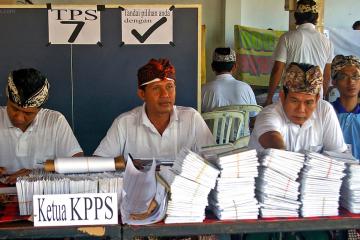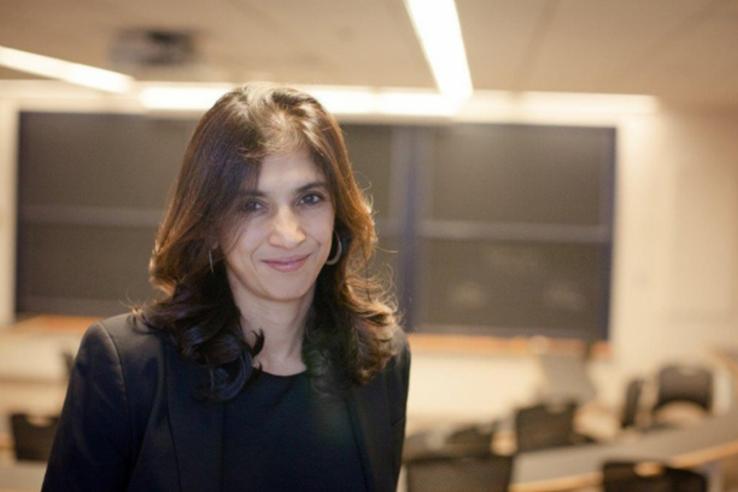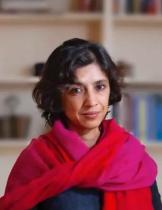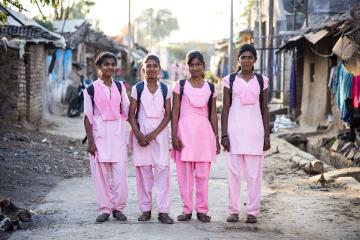
Affiliate spotlight: Rohini Pande on furthering the status of women in economics

Rohini Pande is a professor of international political economy at the Harvard Kennedy School of Government, Co-Director of Evidence for Policy Design (EPoD), and Co-Chair of J-PAL’s Political Economy & Governance sector. She was recently named the 2018 recipient of the Carolyn Shaw Bell Award—a prize awarded annually to an individual who has furthered the status of women in economics.
Congratulations on being named the 2018 recipient of the Carolyn Shaw Bell Award! The Bell Award is given annually to an individual who has furthered the status of women in the economics profession, through example, achievements, increasing our understanding of how women can advance in the economics profession, or mentoring others. What does this award mean to you? Why is it important to support women's advancement in economics?
Well, personally, I feel very honored, especially because the award committee acknowledged my work mentoring young women in the profession. It is especially gratifying that my nomination came from those I have mentored and are now thriving in academia. I also feel lucky to be awarded for something that I have enjoyed doing.
But mostly, the very fact that this award continues to exist is a reminder that we're not where we need to be. Recent statistics on women’s progression in economics are concerning. There's no award for furthering the status of men in the economics profession, for obvious reasons.
As a historically (and presently) male-dominated field, what specific types of outreach and actions need to take place to support women's advancement? How can we invite future generations of women into (development) economics?
As my colleague Iris Bohnet puts it, it is easier to de-bias institutions than it is to de-bias individuals. We have to put in place systems that will remove human bias and allow women equal opportunities. here are a number of concrete steps we can take right now: I've gone into this in some detail in my Carolyn Bell Shaw Award acceptance speech.
How does this award align with your work at Evidence for Policy Design?
We do a lot of work in South Asia that examines how norms and institutional structures shape women's participation and progress in labor markets. For instance, when women have more control over their wages, they increase their engagement with the formal labor market.
It turns out that female economists in academia face constraints that are not that different. When women coauthor with men, they tend to get less credit and reap fewer rewards. So in both situations, I’m interested in how giving women credit for their effort will change their ambitions and improve their status.
A question we ask all affiliate interviewees: What is your "dream evaluation"?
My dream evaluation is any evaluation that actually convinces policymakers to adopt better policy, and to significantly improve people's lives. More specifically, evaluations that would show not only what works but what makes the powerful work for the powerless.
Do you have any advice for early career, particularly female, researchers?
To women: hang in there, even when it feels like institutions aren't working for you; the generation after you needs you. And, it's bittersweet, but, eventually, as a senior academic you might just end up benefiting from demand exceeding supply...


